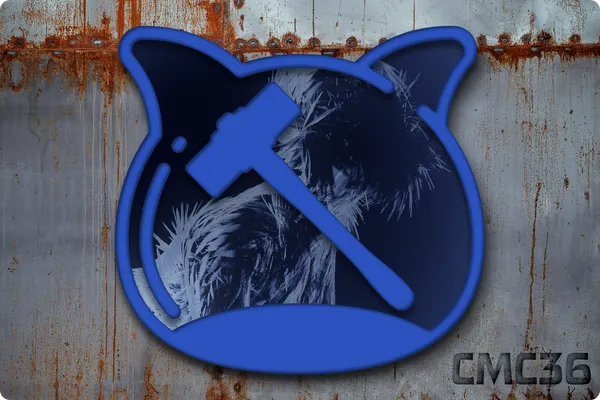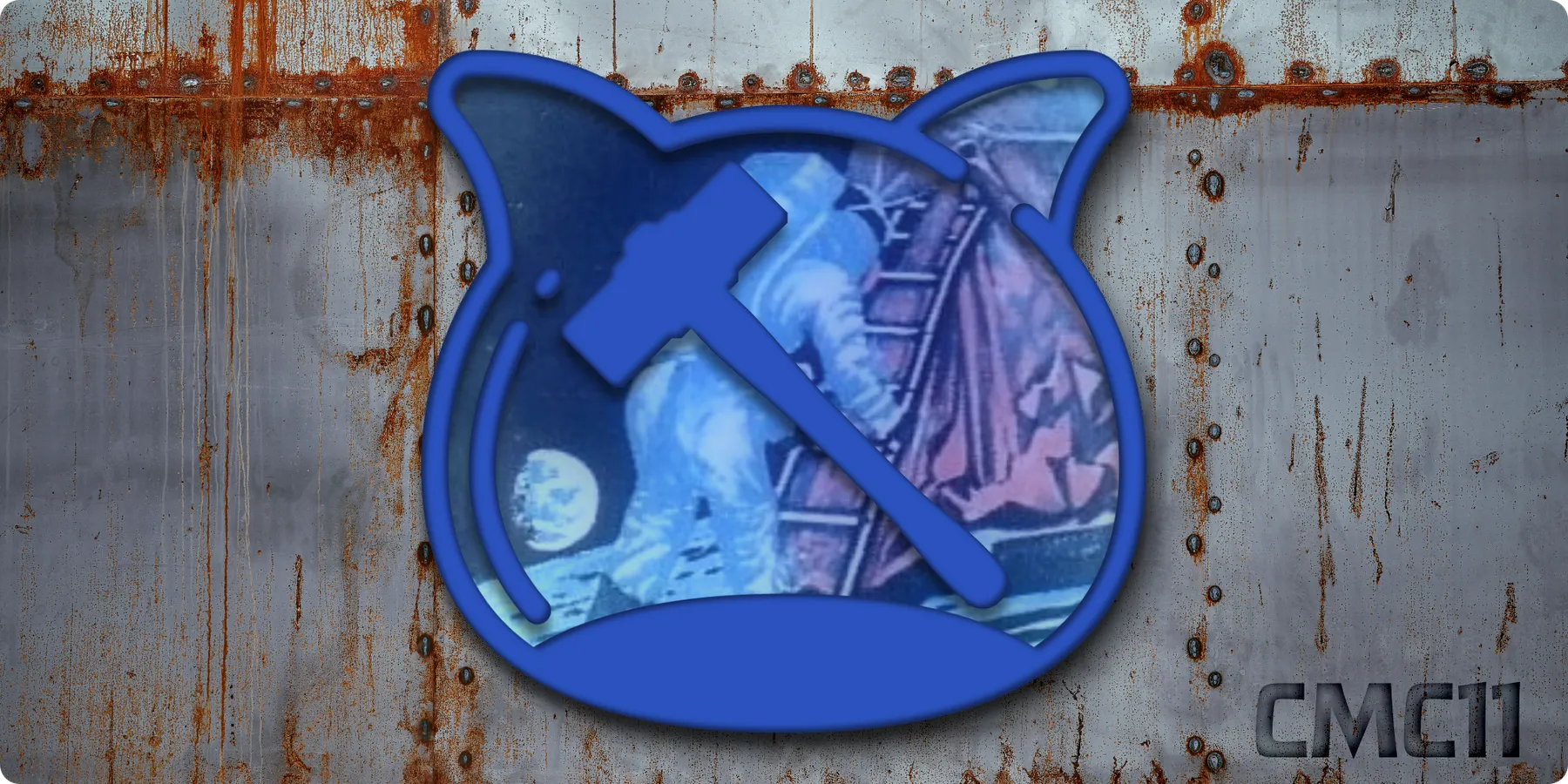
⚒️ The Defenders
The final Cavendish... for now
One giant leap…


He was not so naive to think his name was not a contributing factor in his selection. Nor was she. Not the whole nor the main part, but a very thin layer of icing on the very large cake.
The training had been intense, but he had been preparing for it his whole life. He remembered the adverts around the airport—Cavendish Mining; Cavendish Rocketry; Cavendish Exploration—scattered between the omnipresence of Cavendish cerulean, keiretsu kanji: APA Group (Japan); Fuyo Group; and Nissan.
His father had cleaned the trains that ran to and from the airports, the tracks they ran on carrying him past graffiti decrying corrupt or racist politicians, or depicting lurid sexual fantasies and far-off solar systems. Adam had ridden in the front carriage, textbooks perched on his knees. Physics, chemistry, mathematics.
In the mornings he ran through the streets of the banlieue. Overspill from the flooded canals and the Seine made some of the old streets impassable, but not so many that he couldn’t reach Montmartre and take the stairs to celebrate at the top like Rocky. Of course, Rocky was a pussy, he only took the stairs once. Adam took them over and over, building his lung capacity, learning to thrive in hypoxia.
Hawa’s road to the stars had been easier than his, in some ways. She hadn’t grown up in a Low Income Country in the drowned wreckage of the West. The Himalayas might have been warmer than they were, before the Anthropocene really took hold. Pakistan’s high elevations protected its people from the worst of the flooding that came with climatic change, even as Bangladesh had been submerged beneath rising tide and violent monsoon flood. Her family were wealthy, almost obscenely so. Fortunes made in supplying cement and concrete to flood defence contractors, then later in establishing new cities beneath the Hindu Kush. Of course, her road had to avoid voices in more traditionalist regions decrying the whole endeavour of educating women and girls. Adam had seen the threats she received once. Not the contents of the emails, the sheer number and titles were enough to remind him some things had not changed.
And here they were. Adam and Hawa, ready to be the first man and woman to set foot on a new planet. The human project, expanding from the solar system to take tentative steps on a path towards becoming an interstellar civilisation. Him, contracted to Cavendish for the next ten years, paying down the cost of his apprenticeship and training. Her, the face of the modern Islamic world, educated at Georgia Tech thanks to a Qatari scholarship, then at Said Business School. Some of her inventions were fundamental to the landing craft which even now were kissing the soil of this planet so far from the one where they had been born. Some of his too, but far fewer.
They had talked about it, after they had woken from their long slumber. Between breaths made shallow by muscles after their rest, and lungs still clogged with gene-coded gels. Adam and Hawa, the first man and woman of this new frontier. They joked that Valerian St John had been held up for so long as a messianic figure that perhaps people had started to mistake him for the real thing in his absence. The board of Cavendish were happy enough to play into the whole thing, of course, the visionary creator of the company, engineer and savant, who first decoded messages from the vast black. Intrepid voyager, cast adrift into relative space, speeding ever onwards, hoping for the cure to his ailments to come, for technology to outpace time itself. They talked about whose feet should emerge from the module first. Her design was driven by engineering factors only, a thing she had plenty of opportunities to regret since she boarded the capsule. She could have made the stairs wide enough for two, but had not. So there would be the first person, and then a second, to set foot on a new planet. A man, or a woman. Of course, those were not the only distinctions between them, and anyone watching would pick the characteristics that suited them best, when observing the choice they made.
“You do it.” It wasn’t that he was deciding for her, but he knew if she kept insisting, he would eventually say yes. For the pride of it. He told himself his hero was Buzz Aldrin, the conspiracy theorist punching astronaut, as opposed to the cypher that Neil Armstrong was. He would still be the first man on the new planet, if not the first human. As much as he wanted it for himself, he heard his mother’s voice, and his sister’s, over a crystal clear video line. “We are so proud of you.”
How could he make any other choice?
His suit was cerulean, the colour of a warm summer’s day on the planet they left behind. The sky would be different here. He buckled and zipped the things which needed buckling and zipping, creating the hermetic seal between him and the outside. She did the same. He had not seen what she had chosen to wear, until this moment. Her suit was the bright, crisp white of early space pioneers. No corporate branding, no logos, no mottos. Each piece was functional, purposeful. The helmet on her rack was a different matter. He recognised the colours from history lessons, the purple, white, and green of the suffragette movement. A crescent moon and star were embossed on the crown, the flags of her national sponsors running around the rim.
“Very bold.” He put as much warmth into it as he could, the honesty of his admiration overwhelming the trepidation he felt.
She smiled at him. Her hijab was something her sister made her. Half pirate flag, half paisley print in neon pink and indigo.
“Proud to know you.” He blinked quickly, twice, to work the tear which was forming in the corner of his eye away. This woman.
“Proud to know you,” she replied.
He had said it first as a sincere compliment, hesitantly, before they had left. She had hugged him, and told him she felt the same way. It had become a mantra of reassurance, a not so secret code. They would be forever together in the popular consciousness, like figure skaters or a cartoon cat and mouse. For him, she would always be with him. Her sly wit. Her wisdom. Her bravery. Somehow, though not their intent, the company had found, in all the people in the world, his best friend.
The door opened perfectly, cool gas spilling in with a hiss they saw, rather than heard, the noise muffled by helmet padding. He had handled the landing, piloting the craft carefully down, managing the glide path with deft twists of the controllers to adjust the cells of the parasail. The legs, eight of them, designed by Hawa using software she had written herself as part of a thesis for a Masters degree she had taken in her spare time balanced their capsule perfectly. Quantum computers in each limb communicated at speeds approximating the speed of light, keeping in constant conversation.
Adam did not need the runes growing on the visor of his helmet to tell him his heart rate was elevated. His skin prickled as nervous beads of sweat fought their way out, ready to be wicked away by prehistoric fabrics and ultramodern cooling systems.
“Are you ready?” He was not, but he never would be. How could you be, for this?
Interstellar distances precluded live transmission. They had time to stage this, to do it correctly. Had been coached on it by Alona Ahlfeld, back on Makemake. “You only have one chance to make a first impression.” She told them.
Hawa told a story of a friend at college who had gone out on a blind date where both parties got blackout drunk, and therefore made a first impression twice.
They had taken the point though.
Cameras surrounded them in the capsule. All seeing eyes, not a controlling and totalitarian panopticon, but part of the safety systems of the craft, repurposed for propaganda. They captured the opening of the doors, the glow of an alien star penetrating the work of man.
Adam flipped two drones out of the hatchway, their motors humming as they took flight. Cinematic scopes would capture Hawa’s descent whilst insectoid stems scanned the horizon for unforeseen danger. There was a slogan on the walls of Cavendish Rocketry. “Complacency is a survival trait until it is not.”
You descend the ladder facing the ship, to keep a grip on the rails. Gravity here might be close to Earth normal, but falling down a ladder was not unknown anywhere on Earth, even in jeans and work boots.
You descend down the ladder facing the ship, which allowed Adam to see the delight on Hawa’s face as her foot struck the ground beneath.